The word ‘farmer’ is surprisingly difficult to define. In her new book, Rooted, Sarah Langford points out that although farmers produce food, the job has not always just been about food production.
In the past, farmers produced materials, such as linen from flax and cotton from plants. Sheep farmers still produce wool, although it now represents a cost burden, rather than any significant income stream.
Langford, a barrister and part-time farmer, states that farmers also had another role in providing wood for construction and heating.
Origin
She wonders if being a farmer meant “producing what people needed from the land” which could be food, fibre, or fuel.
Tracing the origin of the word “farmer” is also tricky. The book states that it comes from the Anglo-Norman word “ferme” which means “a rent for land”. Since the 12th century, its meaning has been closely linked to stewardship and working the land.
Environmental work
Langford suggests that farming could be going full circle, as the environment now sits high on the agenda of policy makers. Her book focuses on England, where new support payments will mainly be for delivering environmental outcomes, such as building soil carbon levels and improving biodiversity.
The author puts forward strong arguments that this environmental work is an essential service and farmers should be properly rewarded for carrying it out.
She also maintains that farmers have an important, but often overlooked, role in rural areas as “the cornerstone” of their communities.
Aside from all of the above, farmers have always been and will remain food producers.

Rooted, by Sarah Langford, is published by Viking.
“The truth is that for all the trees and bees, we still need farmers to grow our food. With supply chains threatened by politics, pandemics and climate change, this food needs to be as local to us as possible,” Langford writes.
Farming journeys
Her book tells the story of her family’s journey from city life in London to establishing an organic farm in Suffolk.
Every other chapter includes a snippet from different farmers telling their story, most of whom have moved away from intensive agricultural systems to adopt low input, regenerative farming methods.
The book is upbeat, positive and challenges some of the negative press that farming constantly gets about its environmental impact.
Langford argues that farming can offer solutions to many of the problems that society now faces, from climate change, to biodiversity loss, to food supply disruption.
She gives an honest account of her own farming exploits, particularly the difference between learning about regenerative agriculture in theory and applying it in practice on a real farm.
For example, she doesn’t want to plough land because it can release carbon into the atmosphere and can negatively affect soil biology.
However, she also doesn’t want to use glyphosate to burn off cover crops ahead of direct drilling seed.
“Articles and social media make clear that […] there is a right way to farm, and a wrong way to farm. I am beginning to see it’s a little more complicated than that,” Langford writes.
The word ‘farmer’ is surprisingly difficult to define. In her new book, Rooted, Sarah Langford points out that although farmers produce food, the job has not always just been about food production.
In the past, farmers produced materials, such as linen from flax and cotton from plants. Sheep farmers still produce wool, although it now represents a cost burden, rather than any significant income stream.
Langford, a barrister and part-time farmer, states that farmers also had another role in providing wood for construction and heating.
Origin
She wonders if being a farmer meant “producing what people needed from the land” which could be food, fibre, or fuel.
Tracing the origin of the word “farmer” is also tricky. The book states that it comes from the Anglo-Norman word “ferme” which means “a rent for land”. Since the 12th century, its meaning has been closely linked to stewardship and working the land.
Environmental work
Langford suggests that farming could be going full circle, as the environment now sits high on the agenda of policy makers. Her book focuses on England, where new support payments will mainly be for delivering environmental outcomes, such as building soil carbon levels and improving biodiversity.
The author puts forward strong arguments that this environmental work is an essential service and farmers should be properly rewarded for carrying it out.
She also maintains that farmers have an important, but often overlooked, role in rural areas as “the cornerstone” of their communities.
Aside from all of the above, farmers have always been and will remain food producers.

Rooted, by Sarah Langford, is published by Viking.
“The truth is that for all the trees and bees, we still need farmers to grow our food. With supply chains threatened by politics, pandemics and climate change, this food needs to be as local to us as possible,” Langford writes.
Farming journeys
Her book tells the story of her family’s journey from city life in London to establishing an organic farm in Suffolk.
Every other chapter includes a snippet from different farmers telling their story, most of whom have moved away from intensive agricultural systems to adopt low input, regenerative farming methods.
The book is upbeat, positive and challenges some of the negative press that farming constantly gets about its environmental impact.
Langford argues that farming can offer solutions to many of the problems that society now faces, from climate change, to biodiversity loss, to food supply disruption.
She gives an honest account of her own farming exploits, particularly the difference between learning about regenerative agriculture in theory and applying it in practice on a real farm.
For example, she doesn’t want to plough land because it can release carbon into the atmosphere and can negatively affect soil biology.
However, she also doesn’t want to use glyphosate to burn off cover crops ahead of direct drilling seed.
“Articles and social media make clear that […] there is a right way to farm, and a wrong way to farm. I am beginning to see it’s a little more complicated than that,” Langford writes.




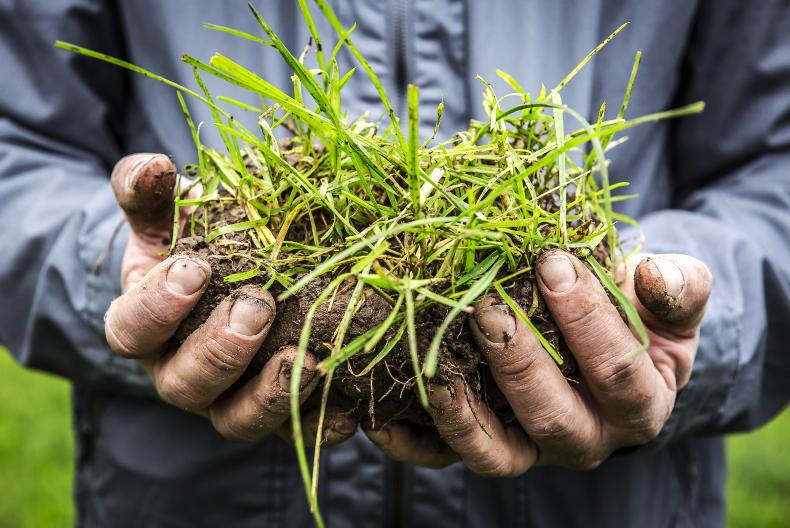

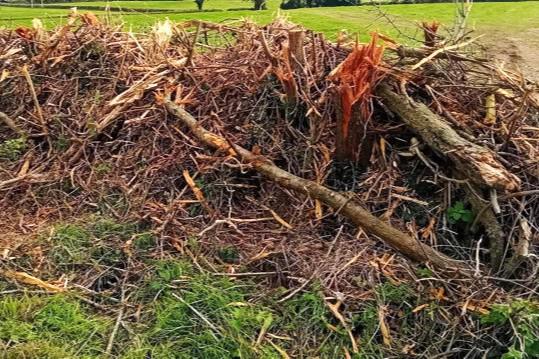
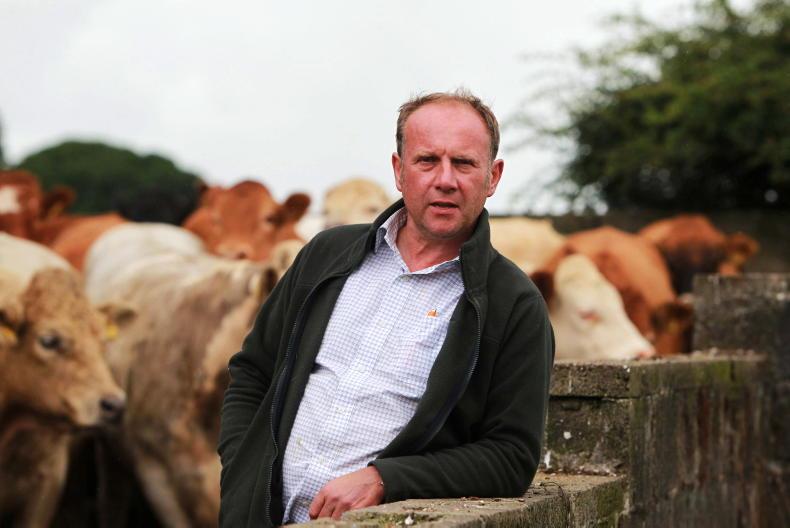
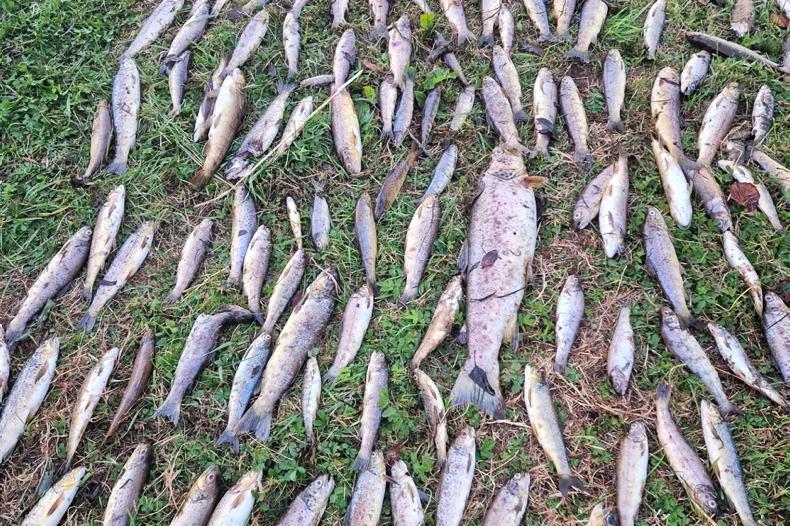
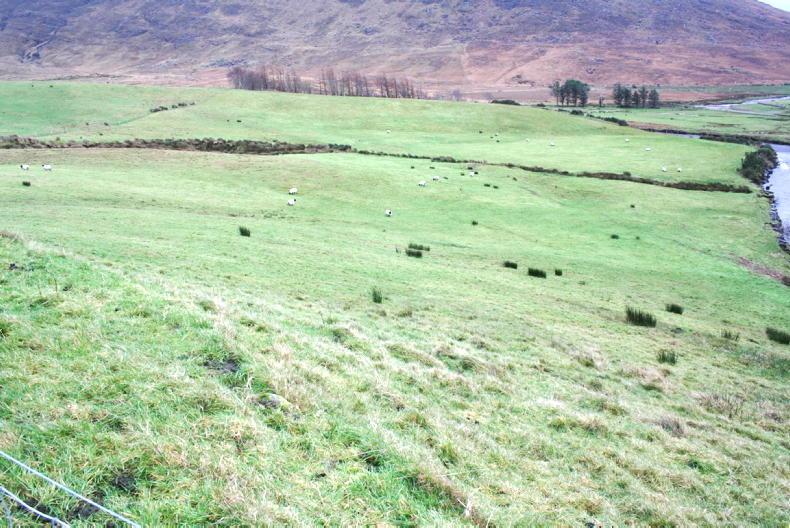
SHARING OPTIONS